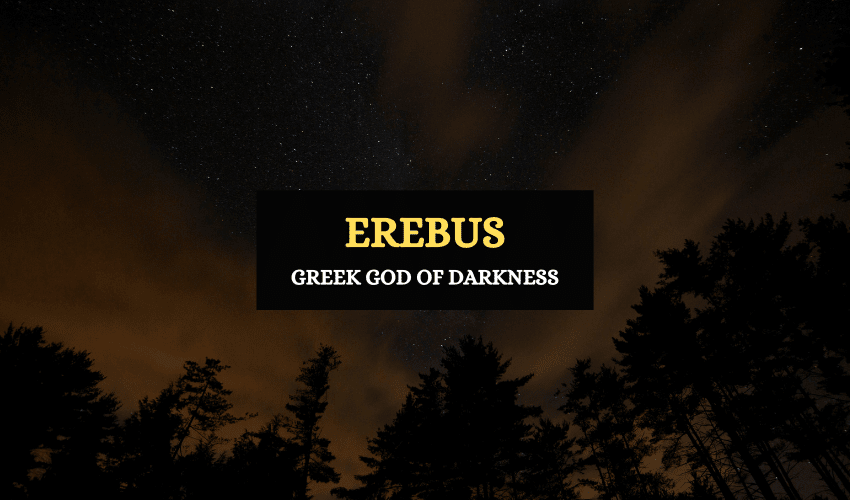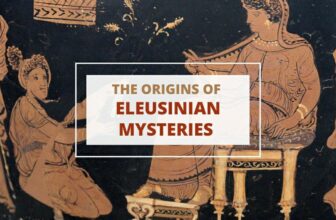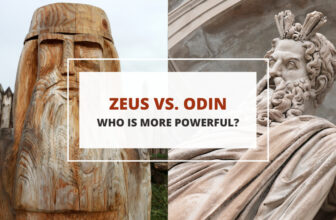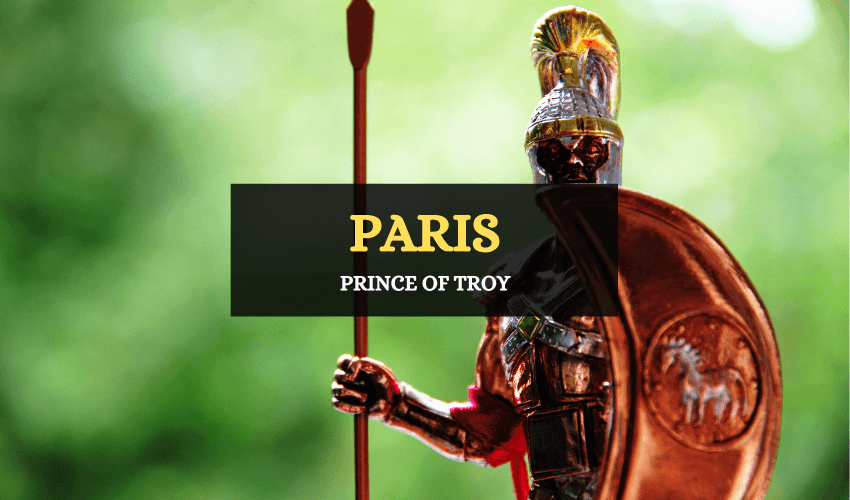
Table of Contents
In Greek mythology, Erebus was the personification of darkness and the shadows. He was a primordial god, identified as one of the first five in existence.
Erebus never appeared in any myths of his own nor of others. Due to this, not much is known about him. However, he did father several other primordial deities who became famous in Greek mythological tradition and literature.
Erebus’ Origins
According to Hesiod’s Theogony, Erebus (or Erebos), was born of Chaos, the first of the primeval gods preceding the universe. He had several siblings including Gaia, (the personification of the earth), Eros (the god of love), Tartarus (the god of the underworld) and Nyx (the goddess of the night).
Erebus married his sister Nyx and the pair had a number of children who were also primordial deities with important roles in Greek mythology. They were:
- Aether – the god of light and the upper sky
- Hemera – the goddess of the daytime
- Hypnos – the personification of sleep
- The Moirai – the goddesses of destiny. There were three Moirai – Lachesis, Clotho and Atropos.
- Geras – the god of old age
- Hesperides – the nymphs of the evening and the golden light of sunsets. They were also known as the ‘Nymphs of the West’, the ‘Daughters of the Evening’ or the Atlantides.
- Charon – the ferryman whose duty it was to carry the souls of the deceased over the Rivers Acheron and Styx into the Underworld.
- Thanatos – the god of death
- Styx – the goddess of the River Styx in the Underworld
- Nemesis – the goddess of revenge and divine retribution
Different sources state varying numbers of Erebus’ children that differ to the list mentioned above. Some sources state that Dolos (the daimon of trickery), Oizys (goddess of grief), Oneiroi (personifications of dreams), Momus (personification of satire and mockery), Eris (goddess of strife) and Philotes (goddess of affection) were also his offspring.
The name ‘Erebus’ is believed to mean ‘the place of darkness between the Underworld (or the realm of Hades) and earth’, originating from the Proto-Indo-European language. It was often used to describe negativity, darkness and mystery and was also the name of the Greek region famously known as the Underworld. Throughout history, Erebus has very rarely been mentioned in the classical works of the ancient Greek writers which is why he never became a famous deity.
Depictions and Symbolism of Erebus
Erebus is sometimes portrayed as a demonic entity with darkness radiating from within himself and terrifying, monstrous features. His main symbol is the crow since the dark, black colors of the bird represents the dark of the Underworld as well as the god’s emotions and powers.
The Role of Erebus in Greek Mythology
As the god of darkness, Erebus had the ability to cover the entire world in shadows and complete darkness.
Creator of the Underworld
Erebus was also the ruler of the underworld until the Olympian god Hades took over. According to various sources, the other gods created Earth first after which Erebus completed the creation of the Underworld. He, with the help of his sister Nyx, filled out the empty places in the Earth with dark mists.
The Underworld was an extremely important place to the ancient Greeks since it was where all the souls or spirits of the dead stayed and were cared for. It was invisible to the living and only Heroes like Heracles could visit it.
Helping Souls to Travel to Hades
Many believed that he was solely responsible for helping human souls to travel over the rivers to Hades and that darkness was the very first thing they’d experience after death. When people died, they first passed through Erebus’ region of the underworld which was completely dark.
Ruler Over All Darkness on Earth
Not only was Erebus the ruler of the Underworld but he also ruled the darkness and crevices of caves on Earth. He and his wife Nyx often worked together to bring the darkness of the night to the world every evening. However, every morning, their daughter Hemera pushed them aside allowing her brother Aether to cover the world with daylight.
In Brief
The ancient Greeks used their mythology as a way of explaining the environment in which they lived in. The passing of time through seasons, days and months and the natural phenomena that they witnessed were all thought to be the work of the gods. Therefore, whenever there were periods of darkness they believed it was Erebus, the god of darkness at work.








